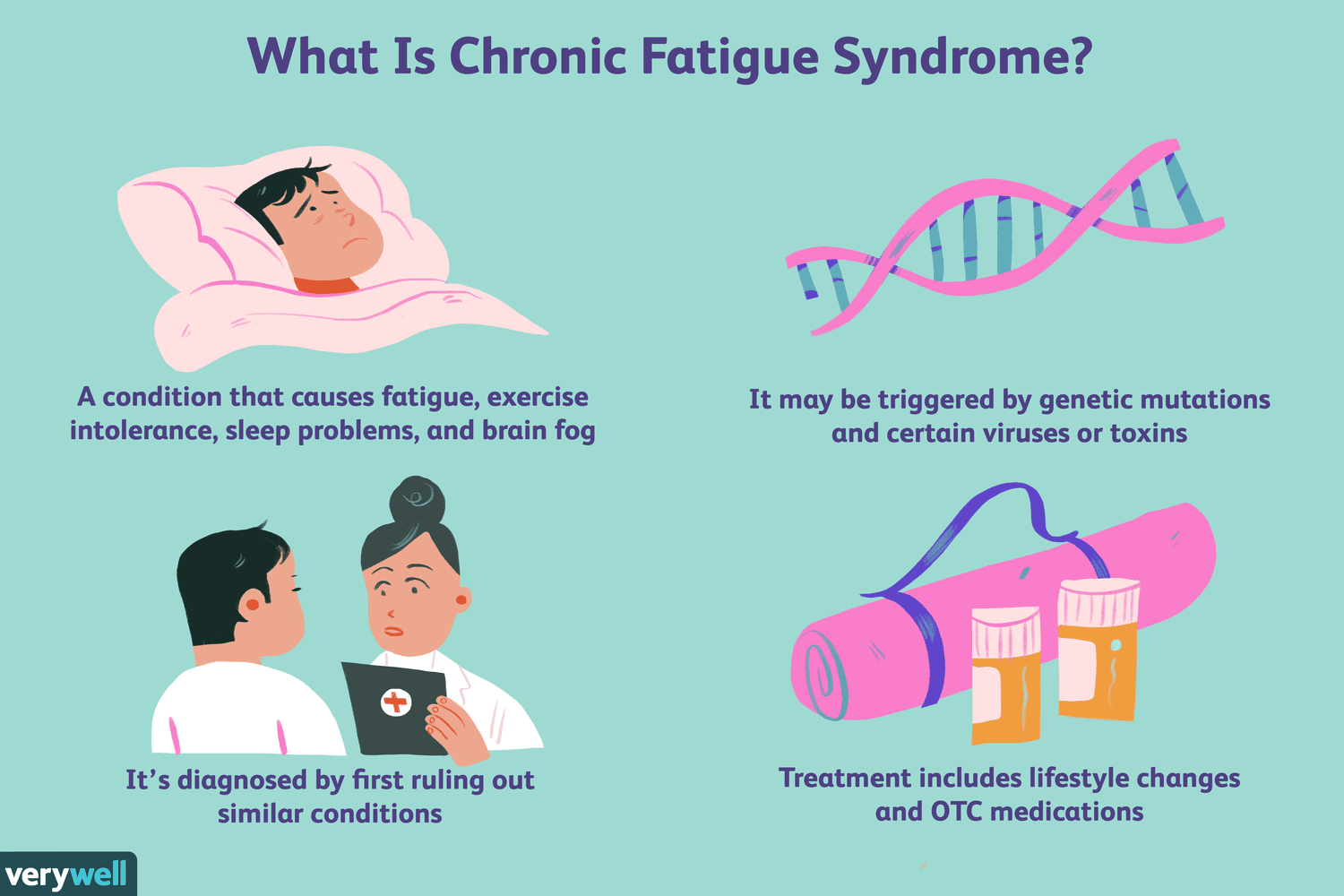Dr. Abhimanyu Rana

Chronic fatigue syndrome
Chronic Fatigue Syndrome (CFS), also known as Myalgic Encephalomyelitis (ME), is a complex and often misunderstood medical condition characterized by persistent and debilitating fatigue that is not relieved by rest. This condition affects millions of individuals worldwide, significantly impacting their daily lives, physical capabilities, and overall well-being. Despite its prevalence, the exact cause of CFS remains unclear, making diagnosis and management a challenge.
The hallmark symptom of CFS is severe and prolonged fatigue that doesn't improve with rest and significantly interferes with daily activities. This fatigue is often accompanied by a range of other symptoms, which can vary from person to person. These may include muscle and joint pain, headaches, cognitive difficulties (commonly referred to as "brain fog"), sleep disturbances, sore throat, and enlarged lymph nodes. The wide array of symptoms often contributes to the complexity of diagnosing CFS.
Diagnosing CFS is a process of exclusion, as there is no specific test to confirm its presence. Healthcare professionals typically consider the patient's medical history, conduct thorough physical examinations, and rule out other potential medical conditions that could be causing similar symptoms. The diagnosis is typically made when other possible explanations have been eliminated and the symptoms have persisted for at least six months.
The exact cause of CFS remains unknown, and it is likely to be influenced by a combination of factors. Research suggests that genetic predisposition, viral infections, immune system dysfunction, hormonal imbalances, and environmental triggers might contribute to the development of CFS. However, no single factor has been definitively identified as the primary cause.
Managing CFS is complex and involves a combination of medical, psychological, and lifestyle approaches. Since there is no cure, treatment focuses on improving the individual's quality of life and reducing the severity of symptoms. Restorative sleep, a balanced diet, and gentle exercise can contribute to better overall well-being. However, overexertion and pushing through fatigue can exacerbate symptoms, which is why pacing oneself and listening to the body's signals are crucial.
Cognitive-behavioral therapy (CBT) and other psychological interventions can help individuals manage the emotional and cognitive aspects of CFS. These therapies can assist in developing coping strategies, managing stress, and improving the perception of symptoms. Graded exercise therapy (GET), when tailored to the individual's capabilities, can also be considered to gradually increase physical activity levels.
Support from healthcare professionals, friends, family, and support groups is essential for individuals with CFS. Living with a chronic condition can be isolating and frustrating, and having a support network can provide emotional validation and practical assistance. Educating oneself about CFS, staying informed about new research, and advocating for one's needs are also important aspects of managing the condition.
In recent years, awareness and research on CFS have increased, leading to improved understanding and recognition of the condition. However, there is still a long way to go in terms of unraveling its complexities and finding effective treatments. For individuals with CFS, the journey often involves seeking a balance between managing symptoms, maintaining mental and emotional well-being, and adapting to a life that may be very different from what they had envisioned.
In conclusion, Chronic Fatigue Syndrome is a multifaceted condition characterized by persistent fatigue and a range of accompanying symptoms. Despite the challenges of diagnosis and management, individuals with CFS can find support and relief through a combination of medical care, lifestyle adjustments, psychological interventions, and strong support networks. Increasing awareness and ongoing research hold promise for better understanding and improved treatment options for those living with this complex condition.

